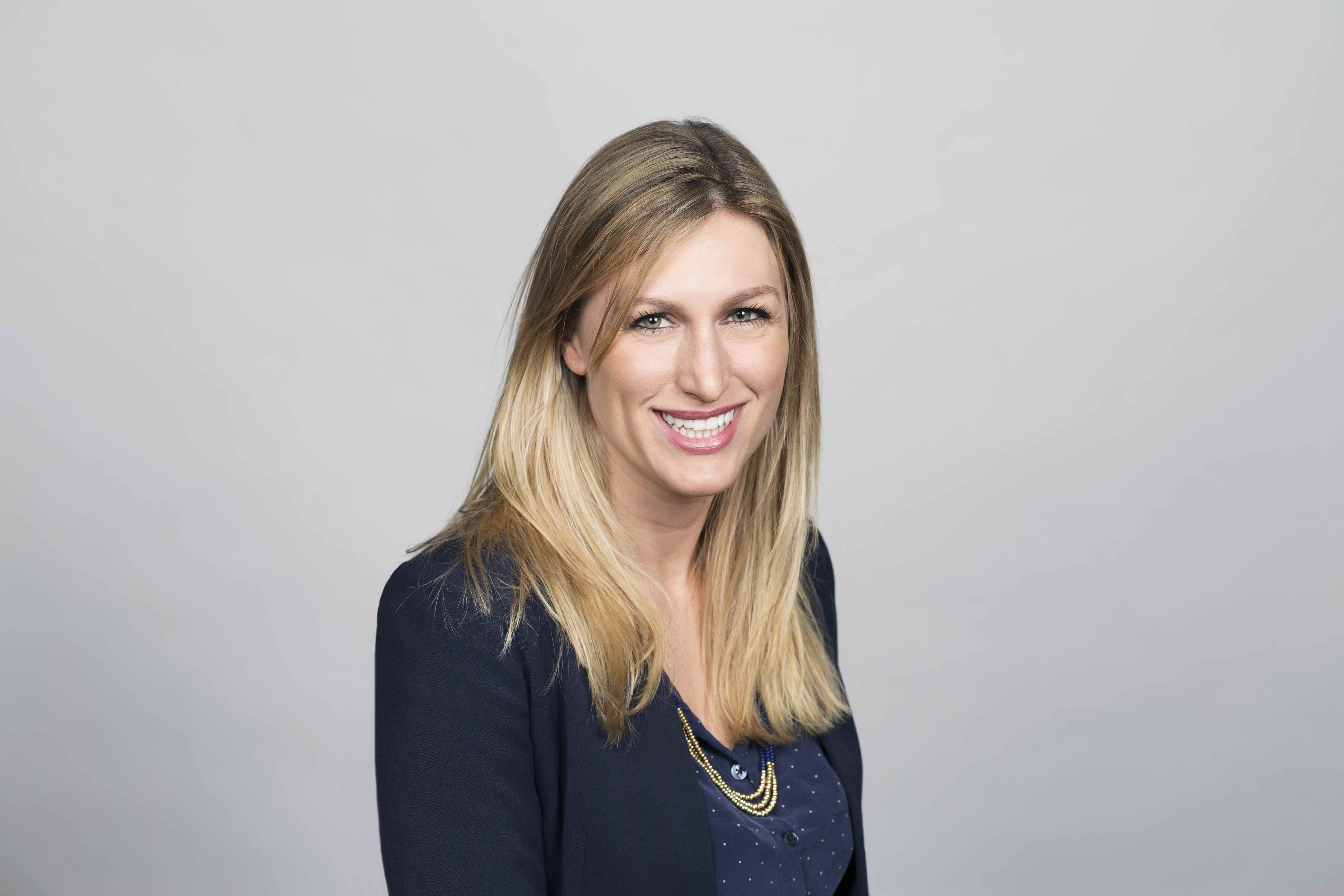One indisputable differentiator that directly affects a person’s standard of living is level of education. According to the Bureau of Labor Statistics in 2015, workers with an undergraduate degree earned a median weekly salary of about $500 more than the median weekly salary of a worker with a high school diploma or GED, and a worker with a doctorate degree earned at least $500 more per week than one with just a bachelor’s degree.
Elizabeth Ortiz analyzes these figures on a professional level and understands them on a personal level. Growing up in Chicago, her high school counselors advised her that she was not college material and that she would do well to get married or find secretarial work. Her mother, however, made sure that her daughter received an education beyond high school.
Today, as vice president for institutional diversity and equity at DePaul University in Chicago, Ortiz makes sure incoming DePaul students experience a welcoming environment from the classroom to the financial aid office.
“When I started college, I began to realize the inequities that existed,” she remembers. “When talking about access to education or employment, the professors weren’t talking about my community. That disparity and lack of access made me angry, but I realized the best way to channel that anger was to get organized and get involved. That was the spark that started my life work. I wanted to make a difference and change what is to what should be. We all deserve opportunities, education, and a better life.”
“It took me thirty years to finally get to a place where I’m able to observe and analyze an entire ecosystem of an organization and find ways to develop a comprehensive diversity program.”
Elizabeth Ortiz
After graduating from Northern Illinois University (NIU) with a bachelor’s degree in business management, she found work as a customer service representative. Shortly after that, she received a call from her alma mater to see if she would like a job in admissions recruiting high school students. “It turned out to be a great way to make a difference,” Ortiz asserts. “I followed the opportunity through the opened door into higher education and never looked back. It was the best way to help my community and others who’d been told they couldn’t make it.”
She worked as an admissions counselor for five years before becoming a doctoral student in education in 1999. Once again, she observed more needed to be done to provide better opportunities. It was one thing to open doors to the university, but it was another to make sure that students succeeded to graduation. “It was a natural progression to think about student retention,” she says.
“As part of my doctoral work at NIU, I was asked to serve on a human resource strategic plan that addressed faculty and staff diversity. And I encountered the same challenges among first-generation faculty and staff of color that existed with first-generation college students: feelings of isolation, burnout, and perceived double standards. That’s when I made the switch from working with students to working with faculty and staff.”
She was hired by DePaul in 2002 and promoted in 2006—she’s now the inaugural vice president for institutional diversity. Her responsibilities include advising the university president and leadership on how to best implement and operationalize diversity and inclusion. She also works on strategic planning, public relations, policy, and community engagement.
Ortiz believes all colleges and universities should employ a diversity and inclusion department, elevated to the level of a finance or academic affairs department. It should also have leadership backing and the authority to implement proven initiatives that work.
While she has the support of the university administration, Ortiz worries that legal efforts to roll back affirmative action may threaten the progress that has been made in higher education to promote access and diversity. However, she remains determined to continue the work.
“The changing demographics necessitate looking at education delivery,” she says. “We have to close the income and education gap. What makes it difficult is putting it into practice.”
One way DePaul accomplishes this is by making the SAT and ACT scores for admission optional. Students have the option of writing an essay instead of submitting test scores. Also taken into account is the student’s grade point average, class rank, and their desire to succeed. “Research shows,” she explains, “that test scores are more reflective of social economic status than ability.”
“It took me thirty years to finally get to a place where I’m able to observe and analyze an entire ecosystem of an organization and find ways to develop a comprehensive diversity program. And there is always more work to do,” Ortiz says. “We continually have to work on making our aspirations a reality.”
Diverse Responsibilities
The issues Elizabeth Ortiz faces in her role affect all segments of university life. She serves on numerous university committees to bring a diverse perspective to policy discussions and to help shape strategies. The university also supports seven employee resource groups (ERGs), including Latinos Empowered at DePaul.
DePaul’s ERGs allow faculty and staff to form communities centered around common culture, cause, or interest, and serve as a great resource to the university. ERGs also build new networking and mentoring opportunities. Ortiz chairs the President’s Council on Diversity that, together with the ERGs, hosts an annual Diversity Forum, which creates a venue for DePaul faculty and staff to confer about issues related to diversity and inclusion.
Ortiz also developed a diversity certificate professional development program called BUILD, which can be completed within eighteen months, and offers a full range of required and elective courses regarding cultural competency. At the same time, she is responsible for the university’s affirmative action plan, handling issues of discrimination and harassment along with Title IX complaints and compliance.
Outside of DePaul, Ortiz serves as the vice president of the National Association of Diversity Officers in Higher Education. Furthermore, she serves as chairwoman of the Diversifying Higher Education Faculty in Illinois program.

